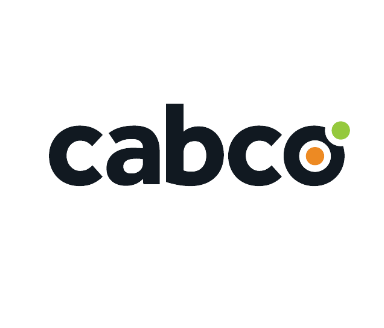From POTS to ISDN and now VOIP - How Phone Service Has Evolved
For reliability, nothing beats plain old telephone service (POTS for short). This is the traditional analog phone line that you receive from the phone company. It refers to the analog phone service sent over good ol’ fashioned twisted copper phone lines. These phone lines comprise a network known as the Public Switched Telephone Network (PSTN). The phone lines run via the same poles as the power lines. This technology was introduced on the late 19th century and analog has been around seemingly forever.
What are the Pros and Cons of POTS
While considered rather obsolete these days, POTS have its advantages, which are:
High voice quality
Useful during power outages to maintain communications in emergencies.
Fax lines, elevator lines, and emergency phone lines are among the users of POTS to this day. The communication on POTS is bidirectional, which is also known as full duplex, to carry human voice.
The downside to POTS is that it offers limited functionality due to the restricted amount of data it can carry. Because of this, most office environments require a more advanced phone system, known as a PBX or Private Branch Exchange. There are various PBX phone systems on the market today at all kinds of price points. If you want to learn more about PBX phone systems and its functions, visit “The Pros and Cons of PBX Phone System”.
Evolution of Phone Systems
POTS was largely replaced by the Integrated Services Digital Network (ISDN), which was introduced in 1988. While POTS was invented for voice communication only (although phone modems transmitted data at dial-up speeds), ISDN was designed for simultaneous voice and data communications.
We are now in the era of Voice over Internet Protocol (VoIP), which can be provided in a number of ways. Two common methods are that the provider installs a circuit (cable or fiber) and routes the signal of a telephone-like service or that the provider runs the telephone like signal “Over the Top” of somebody else’s line that is already providing Internet access to the user’s site. PBX systems can be run over both ISDN and VoIP communication channels.
Have More Questions About Phone Systems?
Here at Cabco’s learning centre, we hope to answer any questions or concerns our customers might have. After reading this article, if you still have more questions about phone systems, feel free to email us at sales@cabco.ca or call us at 1-800-675-4025


